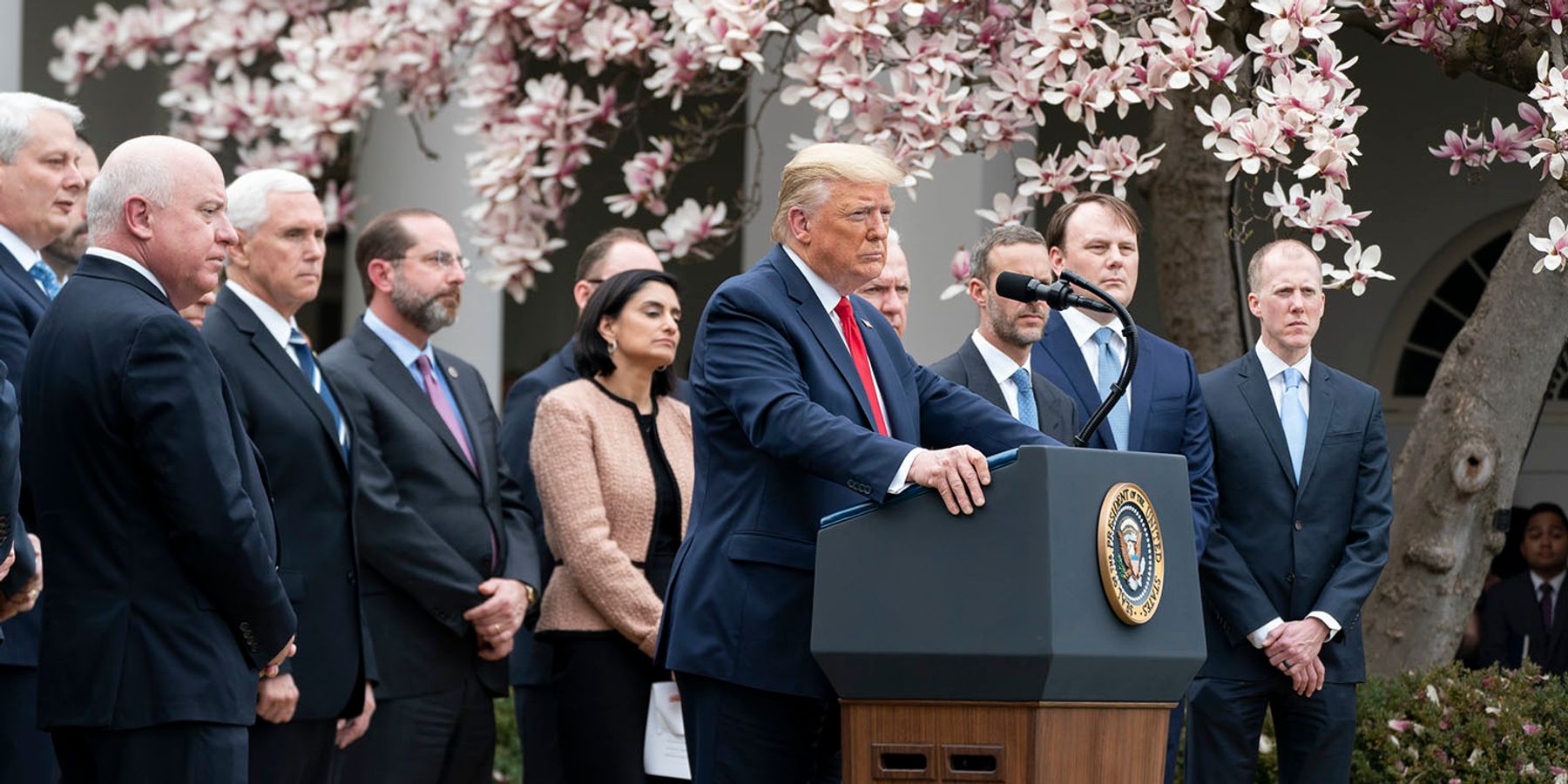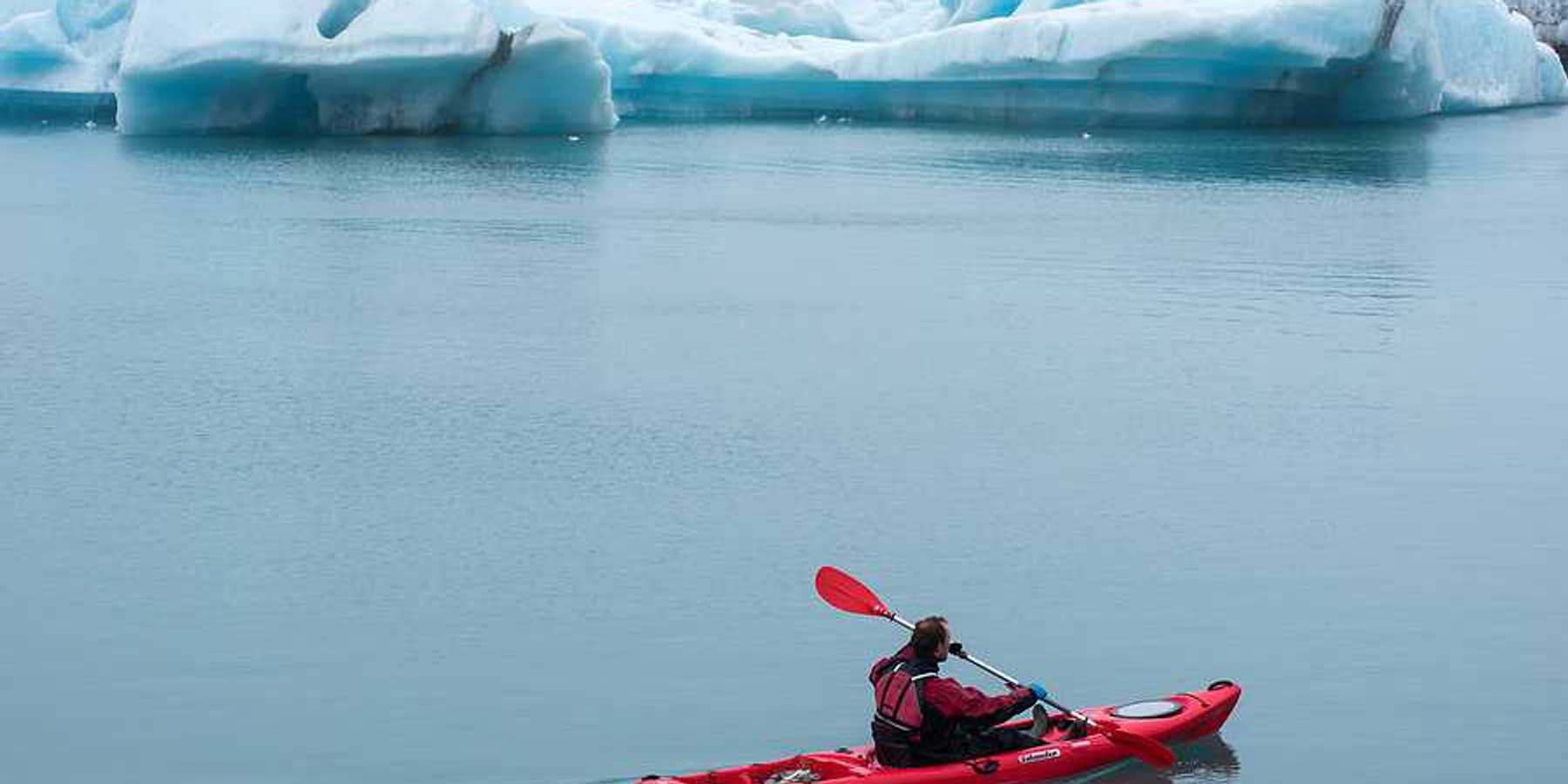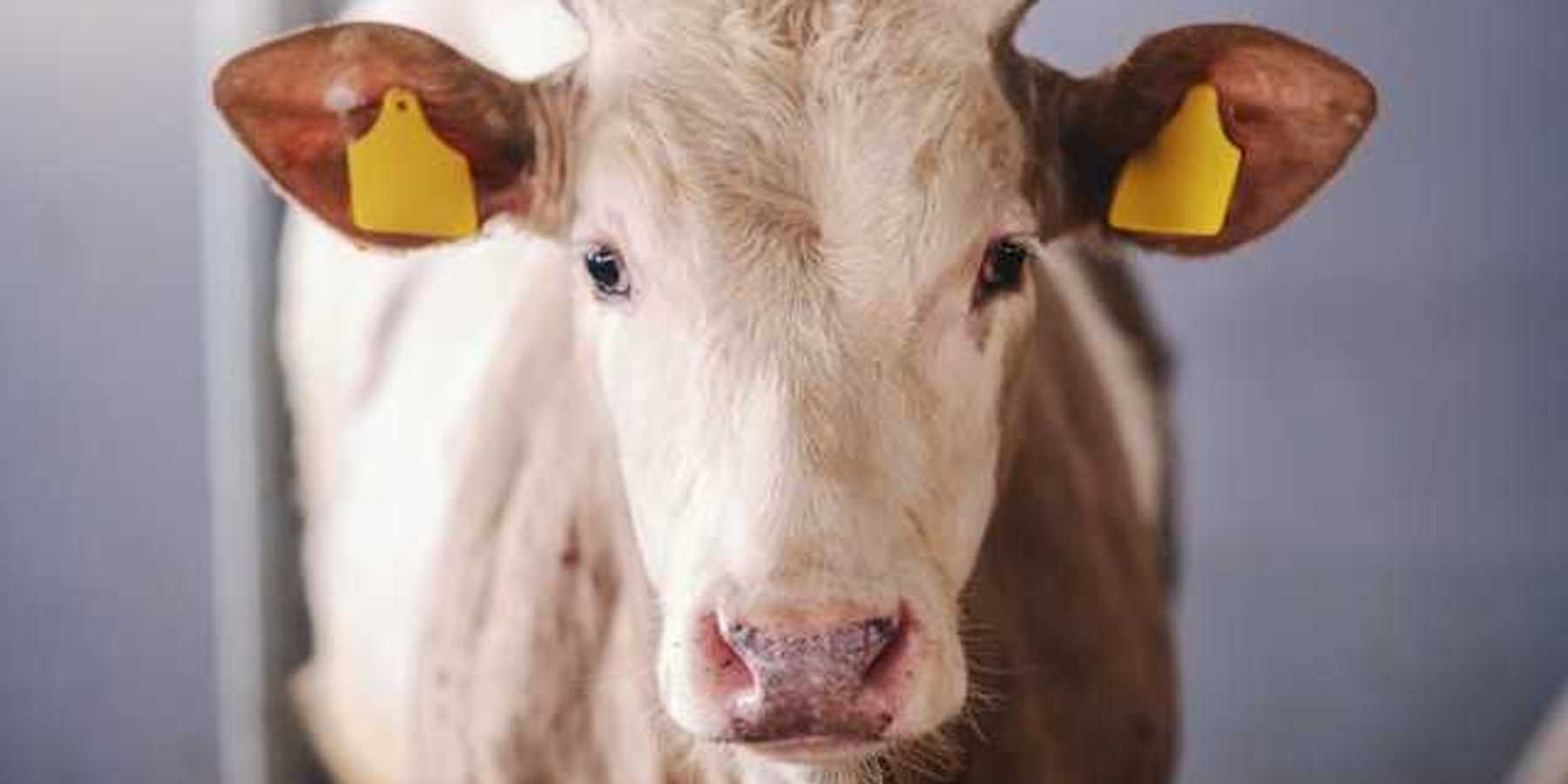
Op-ed: Coronavirus pandemic—the consequences of sidelining science
A naturally occurring crisis is morphing into a human-made disaster in the United States because of the Trump administration's sidelining of science and scientists.
Having paved over the science on pandemics, the Trump administration puts up parking lots. Literally.
It wasn't enough that President Trump's Rose Garden declaration of a national coronavirus emergency on Friday disintegrated into a self-congratulatory monologue.
It wasn't enough that he trashed reporters who dared ask him if he bore any responsibility for one of the worst responses to a pandemic by a wealthy country in modern times, driving the United States toward a double collapse of human and economic health and the indefinite shutdown of normal life and movements.
The finishing touch was that Trump was flanked not by a wall of dedicated infectious disease experts, epidemiologists, triage managers, and heads of public university research labs but rather mostly by Fortune 500 CEOs whose hands he shook as they paraded to the podium—violating a primary public health directive to blunt the spread of infection.
The heads of Walmart, Walgreens, Target, and CVS, with a combined 2019 net income of $20 billion, stepped forward to proclaim that they would each do their part in this emergency.
But their pledges were glaringly short of vital particulars such as how they planned to protect their workers or what kind of extended sick leave they might offer. Rather, they said they will reserve parts of parking lots for drive-in virus testing.
Dimming the laboratory lights
To be clear, glossing over the fact that access to COVID-19 tests remains woefully limited in the United States, the idea of drive-in testing itself is good.
But it was hard to watch some of the wealthiest companies in the country boast on national television as though they were suddenly carrying the torch of Florence Nightingale, such as when Walgreens' president, Richard Ashworth, said, "When we have natural disasters, our stores are a beacon in the community."
It is a key part of the Trump administration agenda to be the lighthouse keeper for these corporate beacons, as it dims the laboratory lights of federally funded climate, pollution, food, and health science. Fifty years ago, Joni Mitchell sang about the madness of paving over the environment.
In 2020, we have a White House that has disbanded or paved over scientific advisory panels, disregarded and disparaged its own scientists, and shuttered the pandemic office in the National Security Council.
The administration's appointments of industry lobbyists and political ideologues to top-level positions has driven out thousands of career scientists across several agencies. As recently reported, the administration held classified meetings on the coronavirus during which they essentially cut out input from experts who could have helped shape a more orderly response.
Brusque and heartless answers
Beyond the dearth of hard science and the corporate glad handing, Trump's brusque, heartless answers to reporters were once again on full display. To one of them he refused to take any responsibility for the precious time lost to protect citizens from botched testing.
The debacle has been marked by the still-mysterious reluctance of the United States to be among the 60 nations to adopt test kits from the World Health Organization, the defective early test kits distributed by the Centers for Disease Prevention and Control, and lack of flexible thinking to greenlight test kit production at university and state medical centers and private labs. For all that, Trump blamed, "rules, regulations and specifications from a different time."
When Yamiche Alcindor of PBS brought up the elimination of the pandemic office and whether the administration lost valuable time because of that, Trump snapped that she had asked a "nasty question."
Trump's nastiness to Alcindor was flagrant on two levels. One is that Trump once more attempted to humiliate a black female journalist as he has done previously by calling their questions nasty, stupid, or—almost laughably—racist. The other is that he knew that the question cut to the core of his administration's inexcusable dismissal of science.
Alcindor was the only reporter to directly interrogate the president on the White House's 2018 disbanding of the National Security Council pandemic preparedness office. By extension, the question brought into stark relief the administration's relentless dismantling of our overall federal public health science infrastructure.
Trump knew if he owned up to that even his most fervent followers would recognize that his White House was responsible for hampering preparedness and enabling the spread of the lethal virus in the United States. In an answer to Alcindor that was either a lie or a bald admission of ignorance and incompetence, Trump told her, "I don't know anything about it."
In this life-and-death crisis where we need not just a commander-in-chief, but also a compassionate national consoler, it is noteworthy that Trump did not utter a single sentence of condolence to the families of any of the people who have died so far, nor offer a single best wish or prayer for recovery for the ill as the number of confirmed cases continues to climb.
Exaggerated claims
In a Washington Post guest column that ran the same day of the Rose Garden fiasco, Beth Cameron, a former director of the disbanded pandemic preparedness panel—the White House's National Security Council Directorate for Global Health Security and Biodefense—wrote that its purpose was to "rally the government at the highest levels" to avoid a six-alarm blaze of viruses that know no borders. She wrote that the absence of the panel now "is all too evident."
Without scientific evidence to rally the American people, the White House was reduced to showcasing corporate cheerleaders. And there was far less substance to this show of Fortune 500 generosity than even what President Trump proclaimed.
He said Google had 1,700 engineers working on a website to direct Americans to the drive-in testing sites. Claiming that the engineers have "made tremendous progress," Trump promised Americans that the website will be "very quickly done."
Coronavirus response coordinator Deborah Birx held up a poster showing how the site would work to bring quality testing "to the American people at unprecedented speed."
Google itself quickly squashed that promise, saying that a subsidiary with only 1,000 employees was merely working on a pilot website for the San Francisco Bay Area, with no timetable for launch. And, so far, none of the companies have yet offered any concrete information on when, where, or how drive-in testing will be done.
Richard Ashworth of Walgreens told those assembled at the Rose Garden event, "These are extraordinary times that call for extraordinary measures."
He's right on that to be sure. But it will surely take more than pledges of corporate parking lots as a naturally occurring crisis is morphing into a human-made disaster in the United States because of the Trump administration's sidelining of science and scientists.
To borrow again from Joni Mitchell, you don't know what you've got until the pandemic panel is gone.
Derrick Z. Jackson is on the advisory board of Environmental Health Sciences, publisher of Environmental Health News and The Daily Climate. He's also a Union of Concerned Scientist Fellow in climate and energy. This post originally ran on The Union of Concerned Scientists blog and is republished here with permission.













